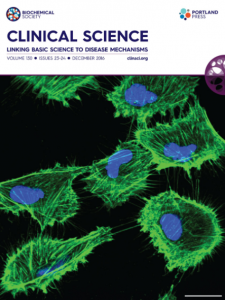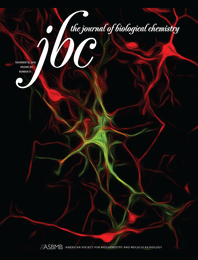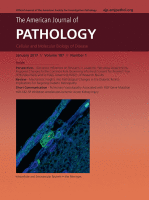 It’s been a long and winding road for a whistleblower at Indiana University, South Bend.
It’s been a long and winding road for a whistleblower at Indiana University, South Bend.
After Mark Fox, a professor of management and entrepreneurship accused two business professors of plagiarism in 2012, a university investigation found one of the two men — Douglas Agbetsiafa, the former chair of the economics department — guilty of plagiarism, and terminated him in January 2014. The other professor was cleared of any wrongdoing — then sued Fox for defamation in June, 2014.
Fox won the case, but it dragged on. More than two years later, in December 2016, the Indiana Supreme Court declined to hear an appeal.
Fox told us:
Continue reading Whistleblower gets court backing in defamation case — but at a cost

 Last March, a PhD student at Harvard filed a misconduct allegation against his mentor, a prominent stem cell researcher. Three months later, he was taken from his home by police in the middle of the night for a forced psychiatric evaluation.
Last March, a PhD student at Harvard filed a misconduct allegation against his mentor, a prominent stem cell researcher. Three months later, he was taken from his home by police in the middle of the night for a forced psychiatric evaluation.


 In November, a vice president at an institution in Taiwan
In November, a vice president at an institution in Taiwan 

 A pathology journal is retracting two papers after an investigation at the last author’s institution in Germany found evidence of scientific misconduct.
A pathology journal is retracting two papers after an investigation at the last author’s institution in Germany found evidence of scientific misconduct.